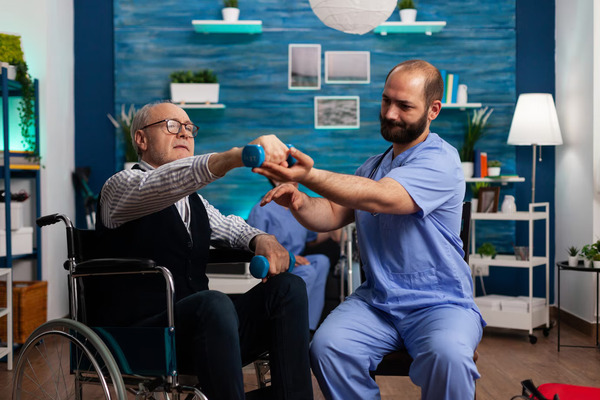Orthopedic care is essential for diagnosing, treating, and preventing musculoskeletal conditions that affect the bones, joints, muscles, ligaments, and tendons. These conditions can range from acute injuries like fractures to chronic issues such as arthritis or back pain. This article explores the role of orthopedic care in managing musculoskeletal health and improving quality of life.

What Are Musculoskeletal Conditions?
Musculoskeletal conditions refer to a wide range of disorders that impact the locomotor system. Common examples include:
- Joint Conditions: Osteoarthritis, rheumatoid arthritis, gout.
- Bone Disorders: Osteoporosis, fractures, and bone infections.
- Muscle Issues: Sprains, strains, and sarcopenia (age-related muscle loss).
- Tendon and Ligament Injuries: Rotator cuff tears, ACL injuries.
- Chronic Pain Conditions: Fibromyalgia, lower back pain.
These conditions often lead to pain, stiffness, reduced mobility, and limitations in daily activities.
The Role of Orthopedic Care
Orthopedic care focuses on the prevention, diagnosis, and treatment of musculoskeletal conditions. Orthopedic specialists use both surgical and non-surgical approaches to address these issues effectively. Key aspects of orthopedic care include:
1. Diagnosis:
- Physical examinations
- Imaging tests like X-rays or MRIs
- Blood tests for inflammatory markers in cases like rheumatoid arthritis
2. Treatment Options:
- Non-Surgical Treatments: Physical therapy, medications (anti-inflammatory drugs), joint injections, or bracing.
- Surgical Interventions: Joint replacements, fracture repairs, or ligament reconstructions when non-surgical methods fail.
3. Rehabilitation:
- Post-treatment physical therapy to restore strength and mobility.
- Lifestyle modifications to prevent recurrence.
Common Causes of Musculoskeletal Conditions
Musculoskeletal conditions can arise from various factors:
- Injuries: Sports injuries or accidents causing fractures or sprains.
- Overuse: Repetitive motion leading to tendonitis or stress fractures.
- Aging: Degenerative changes like arthritis or osteoporosis.
- Genetics: Conditions like scoliosis or inherited joint disorders.
Preventing Musculoskeletal Issues
Prevention plays a significant role in maintaining musculoskeletal health. Tips include:
- Regular exercise to strengthen muscles and bones
- Maintaining a healthy weight to reduce joint stress
- Using proper techniques during physical activities to avoid injuries
- Seeking early treatment for minor issues before they worsen.
Conclusion
Orthopedic care is vital for addressing musculoskeletal conditions that can significantly impact mobility and quality of life. Whether through preventive measures, non-surgical treatments, or advanced surgical interventions, orthopedic specialists aim to restore function and alleviate pain. By prioritizing musculoskeletal health, individuals can lead more active and fulfilling lives.
Related FAQs
1. What is orthopedic care?
Orthopedic care focuses on diagnosing and treating musculoskeletal conditions affecting bones, joints, muscles, ligaments, and tendons.
2. What are common musculoskeletal conditions?
Common conditions include osteoarthritis, fractures, tendon injuries (e.g., rotator cuff tears), lower back pain, and osteoporosis.
3. How do orthopedic specialists treat musculoskeletal disorders?
Treatments range from non-surgical options like physical therapy and medications to surgical interventions such as joint replacements or fracture repairs.
4. Can musculoskeletal conditions be prevented?
Yes! Regular exercise, maintaining a healthy weight, proper posture during activities, and early treatment of minor injuries can help prevent these issues.
5. When should I see an orthopedic specialist?
You should consult an orthopedist if you experience persistent joint or muscle pain, limited mobility, or injuries that do not heal with basic care.
Your journey to better musculoskeletal health starts here—where every step toward recovery is supported with expertise and care. Visit https://sccodessa.com/ or call us at +1 (432) 322-8675 to schedule your appointment today, Walkins & new appointments are available.
